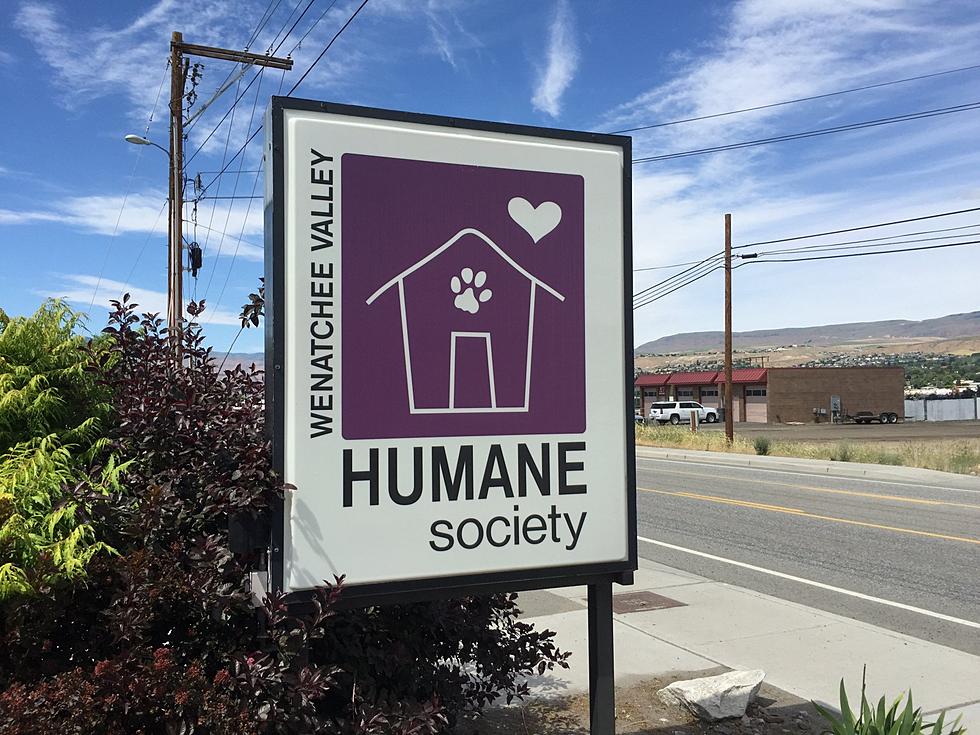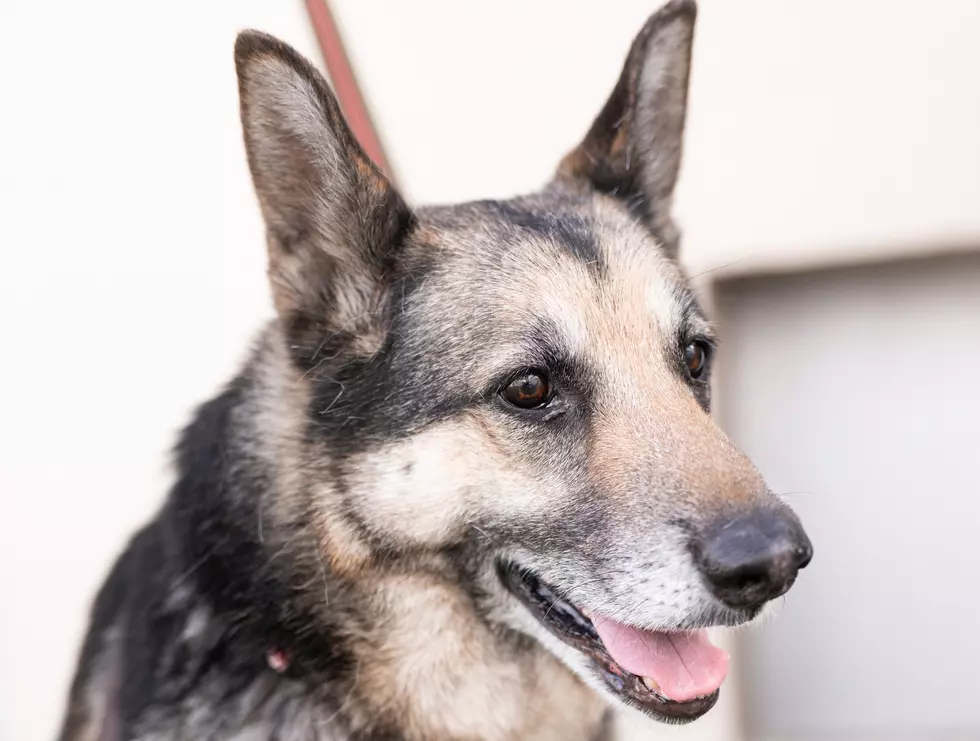
Protecting Your Pets In Winter Weather: Advice From The WVHS
Hopefully the coldest and snowiest winter weather is behind us and a return to typical El Nino weather patterns is expected.
However, more snow and icy conditions could return and depending on your elevation, you may be located where rain for some areas will still fall as snow in your neighborhood.
That is why the Wenatchee Valley Humane Society (WVHS) is sharing a few seasonal pet safety tips for the remainder of the winter months that lie ahead.

“We care deeply about our cats and dogs, and we want the best for all animals in the community,” said WVHS Executive Director James Pumphrey. “This time of year, it’s even more important to take steps to ensure they’re taken care of when the weather is more severe.”
Plan Ahead For Emergencies Just as you stay aware of how the weather forecasts could impact your household in the event of power outages and prolonged cold snaps, include your pet's needs in your considerations. That might include stocking up on additional food, water, any medicine your pet needs. If the power goes out, extra blankets, and pet jackets or sweaters will keep your pet comfortable. Remember the colder weather will require your pet to expend more energy to stay warm so they will need some additional calories in colder weather.
Watch Those Paws The snowy, icy sidewalks or just romping through the snow can dry out your dog's paws. Some people use paw boots if their dog will tolerate them. Paw wax is a specially formulated product that you can apply to your dog's paws that can soothe the drying effects of frozen sidewalks and prevent cracking in their pads. Allowing your dog's coat to get a little heavier will help insulate them somewhat, especially if the breed is not double coated. Consider a jacket or sweater as well. Now if you have a Husky or another breed that loves the winter weather, enjoy the climate but remember that even sled dogs on the Iditarod wear snow boots.
Leashes for safe walks The Wenatchee Humane Society reminds that many pets are lost during winter. Waterways that appear frozen like ponds, lakes, and streams present dangers that can lead to hypothermia if a pet falls through the ice. A dog was recently rescued from an icy swimming pool of an unoccupied pool in Wenatchee by Wenatchee Animal Control officers after an alert neighbor spotted the dog in distress.
Is Your Dog Handling the Cold? Your pet may not be able to tolerate very much time out doors especially if it is one of the toy breeds. Try to gauge their comfort level and plan accordingly.
Outdoor accommodations Outdoor shelters should be insulated and free from drafts. Make sure there is enough room for the dog to move around and try to clothe them in a winter coat. Bedding material like straw will insulate them from the floor of the shelter as they lie down. Try to orient the entrance away from the prevailing wind direction that will carry snow into the shelter. Don't forget to provide an outdoor approved heat sorce and a heated water source
Be Careful with Antifreeze When handling antifreeze this or anytime of year during vehicle maintenance, be careful not to spill any. The chemicals have a sweet taste and can be attractive but sometimes fatal to pets so take precautions not to spill and to keep these and other chemicals away from pets.
How to Keep Your Pets Safe in the Snow/Freezing Weather
Utah and Washington Experience Weird New COVID Symptoms
Gallery Credit: Credit: Mateo, 103.5 KISS FM
More From NewsRadio 560 KPQ









